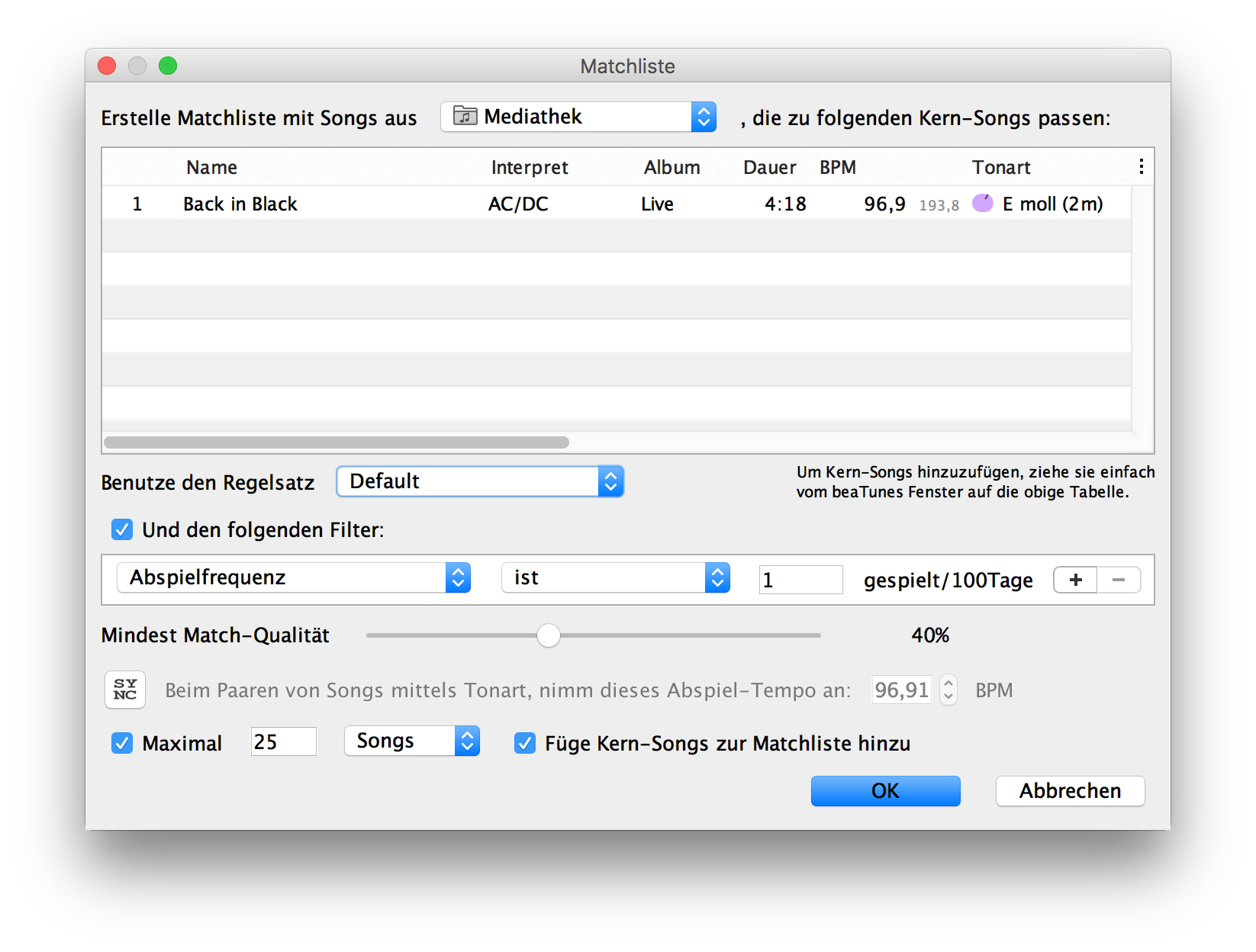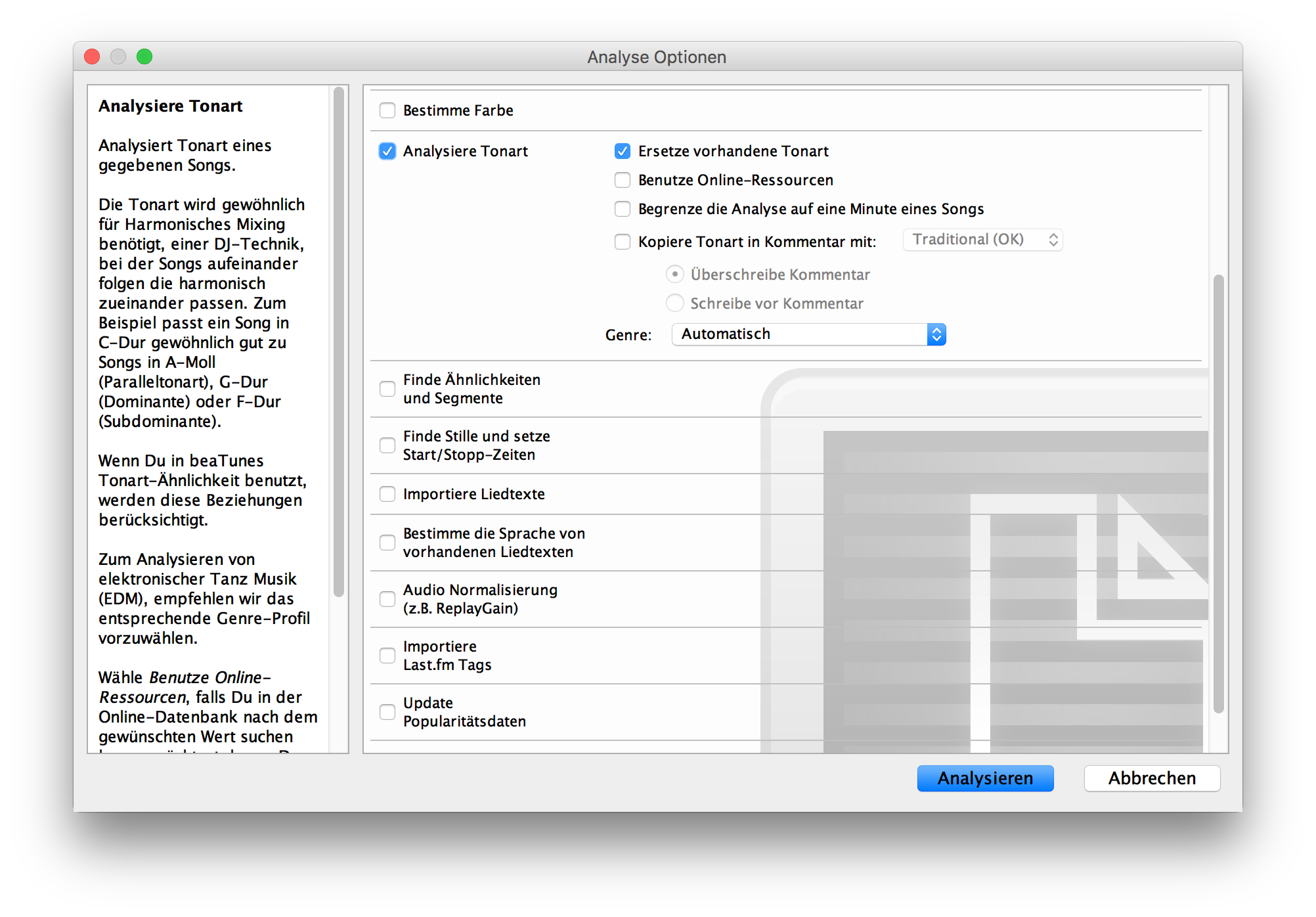

Hundreds of thousands voted and the winners were overwhelmingly constitutional monarchists, followers of Liang Qichao. This essentially limited the electorate to the gentry class. Requirements were strict only those that passed the imperial exams, worked in government or military, or owned 5000 yuan of property may vote or run for office. In 1909, 21 of 22 provinces, with the exception being Xinjiang, held elections for provincial assemblies and municipal councils. China's first modern elections were organized by Yuan Shikai for Tianjin's county council in 1907. Responding to civil failures and discontent, the Qing Imperial Court responded by organizing elections. Sun's Three Stages of Revolution called for a period of "political tutelage" where people would be educated before elections can occur.

Like Liang, Sun agreed that democracy, or at least universal suffrage, could not happen overnight in a country with high illiteracy rates and a lack of political consciousness.

Democracy was part of his platform, the Three Principles of the People (三民主義) – the principle of the people under 1 nation (nationalism), the principle of the people's rights (democracy), and the principle of the people's livelihood and well-being (civility, decency and respect). Sun felt that democracy would be impossible as long as the Qing monarchy still existed. Liang's great rival among progressive intellectuals was Dr. The goal of the Hundred Days' Reform was to reform China into such as system, but it was rapidly reversed in the Wuxu Coup. Liang favored gradual reform to turn China into a constitutional monarchy with democracy. In interpreting Western democracy through the prism of his strongly Confucian background, Liang shaped the ideas of democracy that would be used throughout the next century.
#Beatunes tempo series
He published his essays in a series of journals that easily found an audience among Chinese intelligentsia hungering for an explanation of why China, once a formidable empire of its own, was now on the verge of being dismembered by foreign powers. After escaping to Japan following the government's clampdown on anti-Qing protesters, Liang Qichao translated and commented on the works of Hobbes, Rousseau, Locke, Hume, Bentham and many other western political philosophers. It was the first of its kind in modern Chinese history. In 1895, he participated in protests in Beijing for increased popular participation during the late Qing dynasty, the last ruling dynasty of China.

The first introduction of the concept of modern democracy into China is credited to exiled Chinese writer Liang Qichao. 3.2 Special Administrative Regions, 1997–present.3 People's Republic of China, 1949–present.In that same year, the Chinese government has also abolished term limits for the presidency, allowing Xi to rule for life. Currently, Xi has strengthened the CCP's control over the government and amended the party and state constitutions to include Xi Jinping Thought, described as the next stage of socialism with Chinese characteristics. Although the Chinese government has been consistently authoritarian, the degree of control the CCP has had over the population and state has ebbed and flowed over the decades. He said China had experimented in the past with various political systems, including multi-party democracy, warning that copying foreign political or development models could be catastrophic because of its unique historical and social conditions. ĭuring a visit to Europe in 2014, CCP general secretary Xi Jinping said that a multi-party system would not work for China. The CCP says that China is a "socialist democracy", in which the CCP is the central authority and acts in the interest of the people. Currently there are eight political parties in China other than the CCP that are legal, but all have to accept CCP primacy to exist, and are indirectly controlled by the CCP. This gives the CCP a total monopoly of political power which it frequently exercises. The Constitution also holds that China is a one-party state that is governed by the Chinese Communist Party (CCP). The Constitution of the People's Republic of China (PRC) states that its form of government is " people's democratic dictatorship". Instead they categorize China as an authoritarian state which has been characterized as a dictatorship. Currently, political scientists do not recognize China as a democracy. The debate over democracy in China has been a major ideological battleground in Chinese politics since the 19th century.


 0 kommentar(er)
0 kommentar(er)
